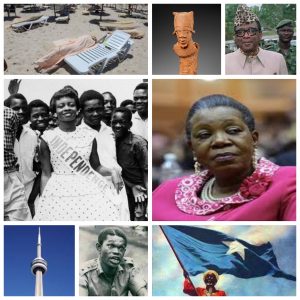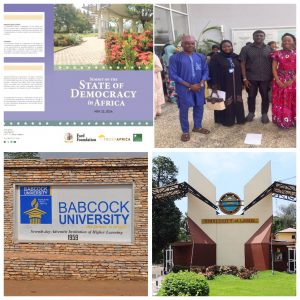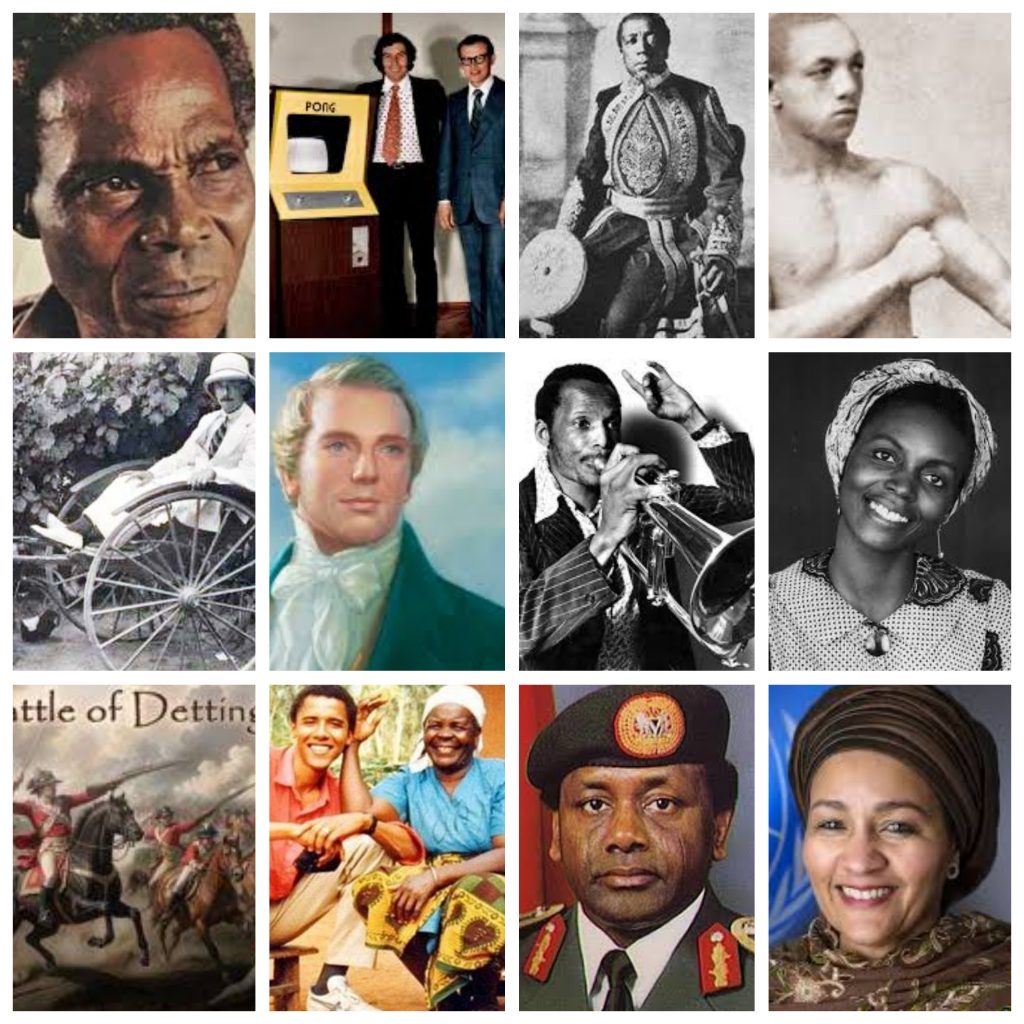
1450: Irish-born Jack Cade led a 40,000-strong demonstration march from Kent to London to protest against laws introduced by King Henry VI of England. Cade was later beheaded for treason.
1743: War of the Austrian Succession: Battle of Dettingen: in Bavaria, King George II of Britain personally leads troops into battle. The last time a British monarch commanded troops in the field.

1844: Joseph Smith, the founder and leader of the Church of Jesus Christ of Latter-day Saints (more commonly known as Mormonism), is murdered along with his brother Hyrum when a mob breaks into a jail where they are being held in Carthage, Illinois. Born in Vermont in 1805, Smith claimed in 1823 that he had been visited by a Christian angel named Moroni who spoke to him of an ancient text that had been lost for 1,500 years.
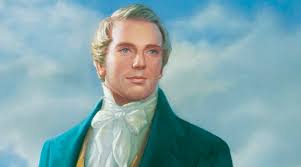
1890: Canadian boxer George Dixon becomes the first black world champion when he stops English bantamweight champion Edwin “Nunc” Wallace in 18 rounds in London, England
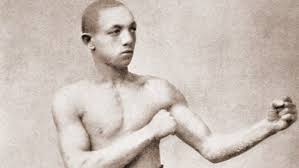
1890: Lewanika, the Litunga (king) of Barotseland (Zambia), signs an agreement to receive British protection against internal unrest in his kingdom, in exchange for Britain receiving his kingdom’s mineral rights. However, Lewanika is being deceived. An agent of Cecil Rhodes, the British adventurer seeking to control all of Southern Africa to exploit its diamonds and minerals, lies to Lewanika that he represents the British government. Lewanika gives the “agent” two of the largest elephant tusks ever found in his kingdom as a present to Queen Victoria. They will go directly to Rhodes’ company boardroom, where the directors will plot the mining of Barotseland. Lewanika will eventually travel to England to complain about the deception and the exploitation of his land, but he will be ignored by the British government.
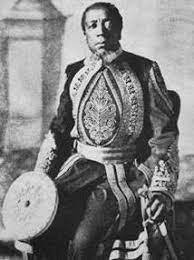
1912: The practice of indentured servitude in British Nigeria draws criticism from British liberals, who describe the system as “domestic slavery for which we are directly responsible” which makes a mockery of Britain’s 19th Century work to eradicate slavery in Africa. Confronting Britain’s Secretary of State for the Colonies, an MP in 1913 will submit, “The slave is the possession of the master. He is a slave by birth and has no freedom to enter into contracts and no liberty of marriage. (The British) Government is still used to recapture, arrest, and take part in restoring runaway domestic slaves.” However, critics of this system do not suggest an end to colonialism.
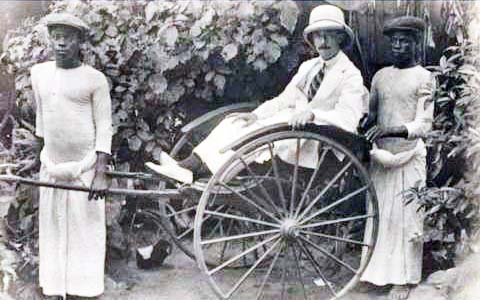
1954: The world’s first nuclear power plant is activated
The reactor at Obninsk in present-day Russia remained in operation for 48 years. Today, there are some 400 atomic power plants worldwide. The technology remains controversial, especially due to the unsolved long-term storage of highly dangerous nuclear waste.
1956: The film Moby Dick is premiered
John Huston’s adaptation of Herman Melville’s homonymous novel, while not having been a great box office success, is today considered an outstanding work, especially for its use of light and color.
1972: Nolan Bushnell and Ted Dabney found Atari, Inc.
The pioneering video game and home computer company produced arcade classics like the two-dimensional tennis simulator Pong. Especially in the 1970s and 1980s, its products had a large impact on the electronic entertainment industry.

1986: The 1980s U.S. intervention in Nicaragua is declared illegal
The International Court of Justice condemned the U.S. paramilitary campaign to overthrow the left-wing Nicaraguan government. The social democratic Sandinistas had begun to redistribute the country’s wealth and improve education.
1988: 27-year-old Barack Obama, future U.S. President, visits Kenya, the country of his father Barack Obama Sr. He seeks out his ancestral village, and connects with his extended family.
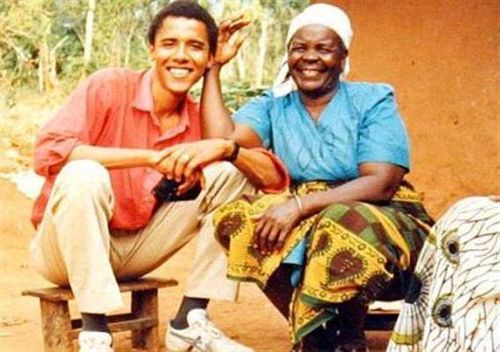
1991: Yugoslav troops invade Slovenia
The attack, which marks the beginning of the Ten-Day War, followed Slovenia’s declaration of independence. It was the first of the Yugoslav Wars, with several ethnic conflicts leading to the break-up of Yugoslavia and resulting in at least 140,000 deaths.
1994: Augustus Taiwo “Tai” Solarin, an educator author, and activist died. He established the famous Mayflower School, Ikenne, Ogun State in 1956. In 1952, Solarin became the principal of Molusi College, Ijebu Igbo, a post he held till 1956 when he became the proprietor and principal of Mayflower School. He was 74 years old.
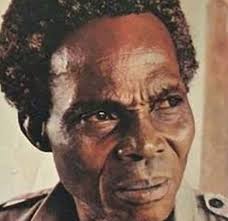
1995: The Constitutional Conference in Nigeria presents the final report; recommends a multiparty system, rotational presidency, rejects the 1991 census, and resolves that the military should hand over on January 1, 1996.
General Abacha of Nigeria announces “the immediate lifting of the ban on the activities of political parties” General Abacha adds, however, that “no political activities will be allowed until … the National Electoral Commission (NEC) is reconstituted”

BIRTHS ON THIS DAY: June 27
Amina Mohammed, 63 years
Nigerian diplomat and minister, in Liverpool, England. As Nigeria’s Minister of the Environment, she was part of the international effort to craft the U.N.’s global development agenda. From 2017 through the present she has been the U.N. Deputy Secretary-General.

Efua Sutherland (27 June 1924 – 2 January 1996)
Ghanaian playwright, director, author, and educationalist, in Cape Coast, Gold Coast (Ghana). Her work in the arts advanced her advocacy for children’s welfare and cultural activism. A Pan-Africanist, she collaborated with the great artists of her time in Africa and among the African Diaspora. Her works include the plays Foriwa, Edufa, and The Marriage of Anansewa. She died at the age of 71.

Kippie Moeketsi (27 July 1925 – 27 April 1983)
South African musician, in Johannesburg, Union of South Africa. “The father of South African Jazz” brought jazz music to new heights artistically and in popularity, not only with his work as a saxophonist but through the many musical giants he influenced, like Hugh Masekela and Miriam Makeba. He died at the age of 57.
Like, comment, follow, and share.
















